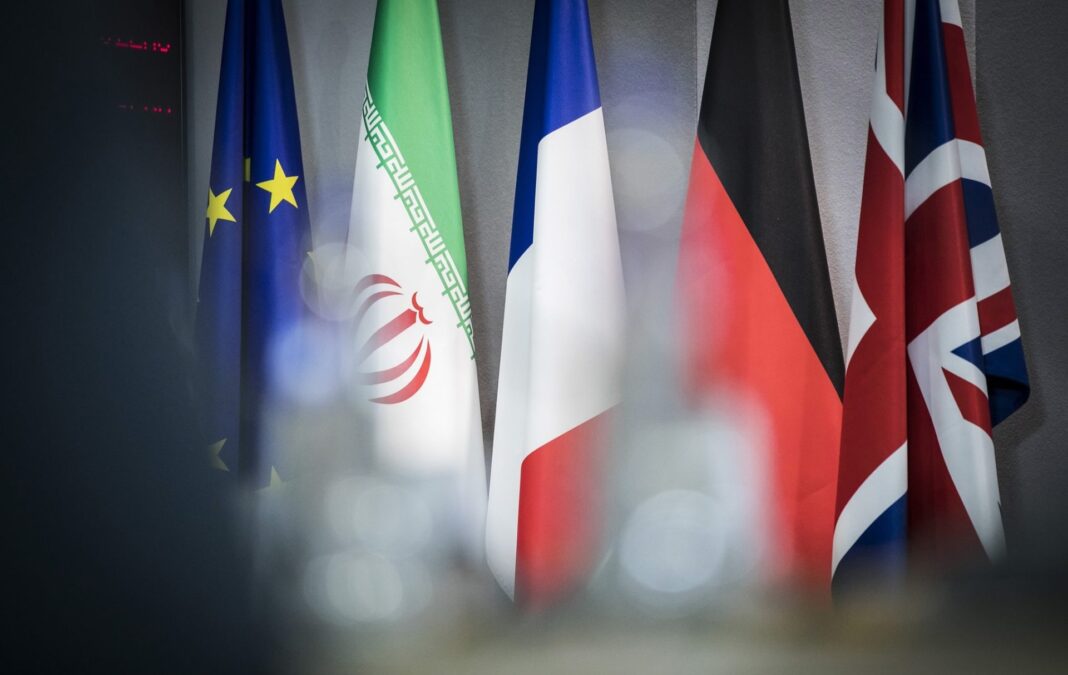“Americans believe that Iran is using the negotiations to buy time. Iran also believes that the US does not offer the necessary guarantees for staying in the Joint Comprehensive Plan of Action. I believe, under the current circumstances, Iran and the US have reached a fixed resistance on the nuclear issue, that if the current trend continues, one cannot expect the collapse of the talks or a breakthrough,” Mahdi Motaharnia told ISNA.
Motaharnia added that the refusal of Iran to hold direct talks with the US on the nuclear deal has activated “brokers” that “raise the costs of an agreement”.
He noted that the talks are also impeded by the US’s call for a resolution to all cases in which Iran is somehow involved, despite Tehran’s emphasis that the discussions only focus on the JCPOA and the nuclear issue.
Another obstacle, he said, is Iran’s call for removal all sanctions even those related to alleged issues of human rights and terrorism.
“Neither Iran nor the US is ready to stand down and their sticking with this has created such circumstances that they no longer can stand down on their positions,” he said.
Motaharnia also said Europe has internal and regional reasons not to want the nuclear deal to be fruitless.
He, however added Europeans are also reliant on the US and this means they will be ultimately playing on the US’s ground.
Russia and China, he added, have always used Iran as leverage to score points against the west, especially the US, and as such they resist a resolution to the nuclear issue.
“Last winter in Vienna, the negotiations were just one step away from being finalized, but Russia openly used the JCPOA for its own interests and delayed the revival of the agreement. That is why I believe that with the current level of resistance to the deal in place, talks with or without liaisons will lead nowhere,” he said.
